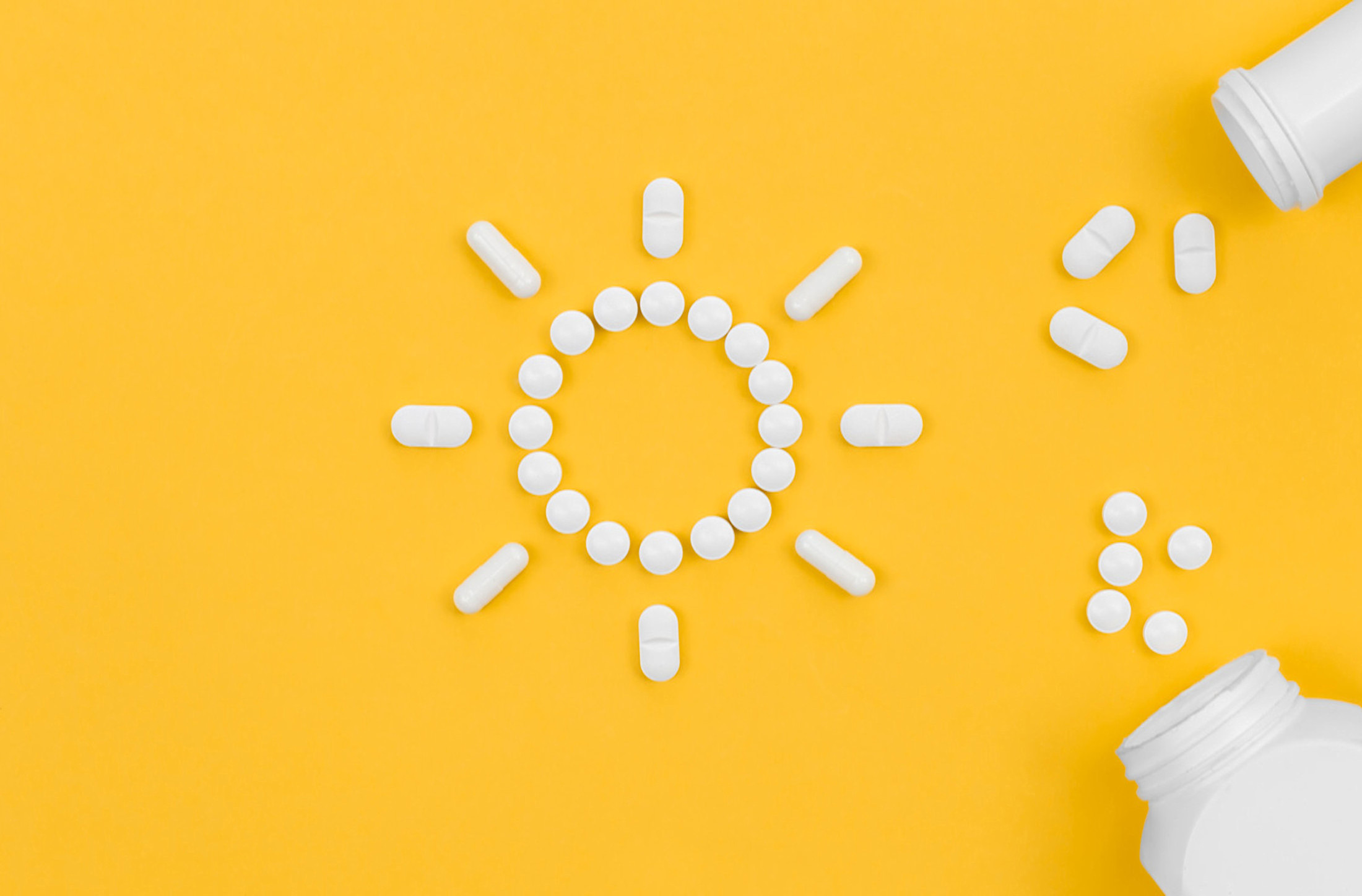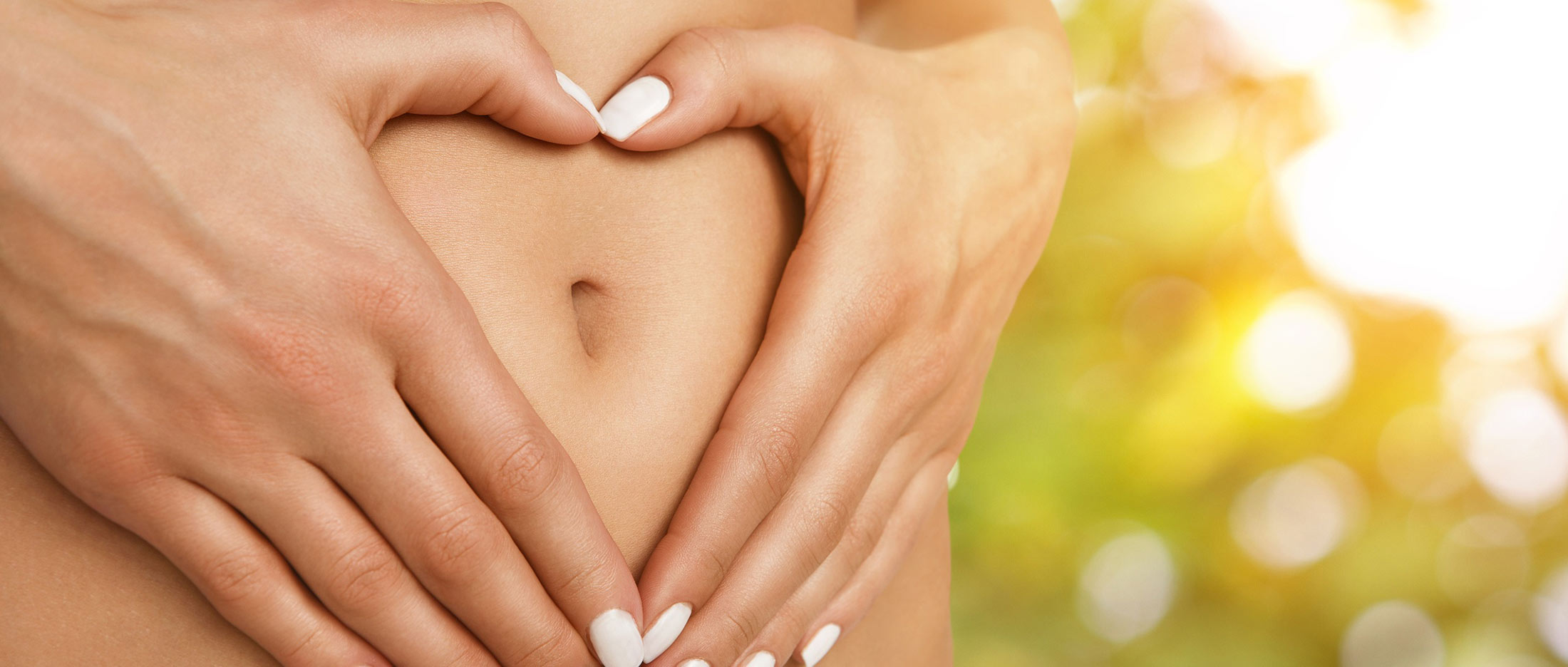
Is kombucha good for you?
Peer reviewed by Dr Krishna Vakharia, MRCGPAuthored by Victoria RawOriginally published 28 Jul 2024
Meets Patient’s editorial guidelines
- DownloadDownload
- Share
- Language
- Discussion
- Audio Version
Kombucha - once a niche health drink - is becoming more and more popular thanks to its unique combination of hydration, flavour and fizz. But beyond its distinctive taste, find out if the health benefits of kombucha live up to its reputation.
In this article:
Video picks for Vitamins and supplements
Continue reading below
What is kombucha?
Kombucha is a fermented drink made from sweetened black or green tea. It's produced by fermenting the sweetened tea with a symbiotic culture of bacteria and yeast (SCOBY). The fermentation process gives kombucha its characteristic slight fizz and tangy flavour. It can also be flavoured with fruit juice or spices.
The fermentation process of kombucha involves several steps:
Black or green tea leaves are steeped in hot water - then sugar is added.
The mixture is introduced to bacteria and yeast and left to ferment at room temperature for 1-2 weeks.
During fermentation, the bacteria and yeast produce a cellulose layer on the surface.
The resulting fermented liquid is the kombucha tea that we drink.
What are the health benefits of kombucha?
Back to contentsKombucha contains a range of potential health-promoting compounds produced during fermentation. These include1:
Organic acids
Antimicrobial: The organic acids found in kombucha may have germ-fighting properties that could help you sleep.
Detoxifying: Some may also help cleanse your liver.
Antioxidant: Powerful antioxidants (polyphenols) might guard against various illnesses - for example, heart disease. Green tea kombucha is higher in antioxidants than black.
Vitamins and electrolytes
Kombucha also has B vitamins, linked to healthy ageing, mood, memory and reducing your chance of stroke or obesity. It contains some vitamin C - another antioxidant - which may help lower stress hormones (cortisol).
Probiotics
Kombucha is a fermented tea which means it's full of friendly microbes that feed the good bacteria in your gut. These good bacteria improve tummy health, boost immunity and regulate nutrient absorption and bodily functions.
Fitness and nutrition advisor Dr Chris Mohr, former Sports Nutritionist for the US football team Cincinnati Bengals and University of Massachusetts Athletic Program says:
"Kombucha may provide benefits similar to other fermented foods - such as improving digestion and boosting immunity. The probiotics found in Kombucha can help maintain a healthy gut, which is good for those with conditions like irritable bowel syndrome (IBS). The antioxidants in kombucha might also support liver health."
However, he warns that kombucha should not be used as a treatment for specific medical conditions.
"While some kombucha drinks have ingredients with potential benefits, the actual health impact - and the amounts needed - requires more scientific research to confirm these claims," he explains. "The probiotic content of kombucha can also vary - depending on the fermentation process. Alternative fermented foods, such as plain yoghurt - especially varieties labelled with "live and active cultures" - are a more reliable source of probiotics."
Continue reading below
Does kombucha have caffeine in it?
Back to contentsKombucha contains caffeine - but in much smaller amounts than coffee or tea.
Dr Raj Dasgupta, ABIM quadruple board-certified physician says: "Kombucha has some caffeine in it because it's brewed from tea - which naturally contains caffeine. The exact amount can vary based on the type of tea used and how it's brewed. If you're keeping an eye on your caffeine intake, it's worth checking the label or asking about the tea base when choosing kombucha."
Is kombucha alcohol-free?
Back to contentsKombucha makes small amounts of alcohol during fermentation - usually less than 0.5%. The longer the kombucha ferments, the higher the alcohol content becomes. Dasgupta explains that shop-bought versions are generally safe, though there may be a slight risk of harmful bacteria if it hasn't been brewed or stored correctly. Only buy kombucha from trustworthy sources.
Continue reading below
Are there any side effects to drinking kombucha?
Back to contentsKombucha's potential health benefits continue to be explored. The acids in kombucha may help friendly gut bacteria growth. But contamination during fermentation might cause additional health conditions such as an imbalance of acid in your body (metabolic acidosis)1. Kombucha's high acidic levels could also damage the enamel in your teeth, which could lead to tooth decay.
Mohr advises: "Moderation is important when it comes to kombucha - especially if you’re new to drinking it. Start with small servings to lower the chance of harmful effects like bloating or digestive issues."
Dasgupta adds that - for most people - drinking up to one can of kombucha a day is generally considered safe. However, tolerances may vary from person to person.
Heart disease management and prevention specialist, Michelle Routhenstein, Entirely Nourished, says: "People with compromised immune systems or sensitivity to caffeine should use caution when consuming kombucha."
If you are pregnant you should not drink kombucha as the acid, alcohol, and caffeine content - along with the fact it's unpasteurised - could harm your baby. Those contents mean children should not drink kombucha either.
Kombucha's sudden rise in popularity could also lead to safety issues. Poor-quality ingredients, improper containers, and unhygienic fermentation create a risk of toxin contamination. To ensure safety and quality, health organisations should set legal guidelines for production methods, ingredients, and quality control1.
"If you're pregnant or breastfeeding, have a compromised immune system, or deal with severe acid reflux, stomach ulcers or alcohol sensitivity, it's a good idea to talk to your doctor before trying kombucha," says Dasgupta. "Its fermentation process and ingredients could pose risks for these people."
He also explains that kombucha could interact with certain medicines. This is due to the presence of certain by-products formed during the fermentation process. These by-products could affect how your medications are absorbed or metabolised in your body.
Mohr says: "If you're taking any medicines - particularly for diabetes, liver or kidney issues - it's best to avoid drinking kombucha."
While safe to drink in moderate doses, kombucha's health benefits lack strong scientific backing. Enjoy it as a refreshing drink, but don't expect it to be a cure-all. Check labels for caffeine and alcohol content, and remember, more research is needed to confirm its health claims.
Further reading
Back to contentsPatient picks for Vitamins and supplements

Diet and nutrition
Vitamin D toxicity: 5 signs you’ve taken too much
With the days getting shorter and sunlight in short supply, many of us reach for vitamin D supplements to stay healthy and avoid deficiency. However, taking more than you should isn't good for you and can lead to vitamin D toxicity. Here’s how to recognise the signs of excess vitamin D and how to keep your levels safe.
by Heather Ainsworth

Diet and nutrition
Feeding your good bacteria with probiotics and prebiotic supplements
Prebiotics and probiotics are both essential components for maintaining a healthy gut microbiome. We have almost as many bacterial cells in our bodies as we do human cells - the average person has about 38 trillion of each. Read on to learn more about the fascinating world of bacteria and the role they play in our health.
by Lawrence Higgins
Continue reading below
Article history
The information on this page is peer reviewed by qualified clinicians.
Next review due: 28 Jul 2027
28 Jul 2024 | Originally published
Authored by:
Victoria RawPeer reviewed by
Dr Krishna Vakharia, MRCGP

Ask, share, connect.
Browse discussions, ask questions, and share experiences across hundreds of health topics.

Feeling unwell?
Assess your symptoms online for free
Sign up to the Patient newsletter
Your weekly dose of clear, trustworthy health advice - written to help you feel informed, confident and in control.
By subscribing you accept our Privacy Policy. You can unsubscribe at any time. We never sell your data.